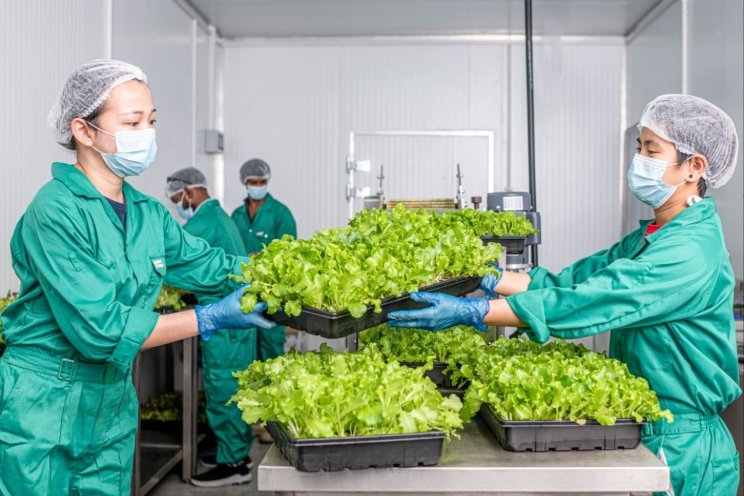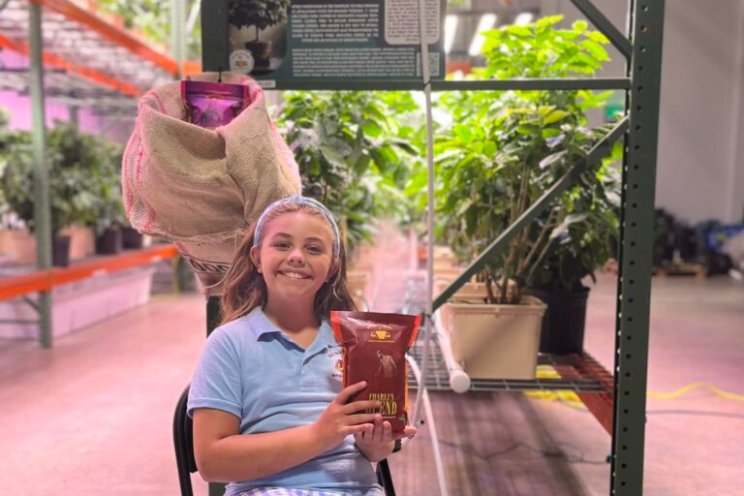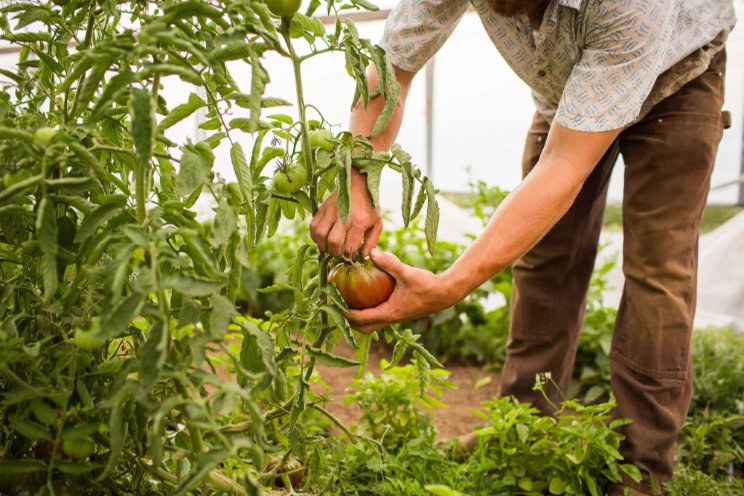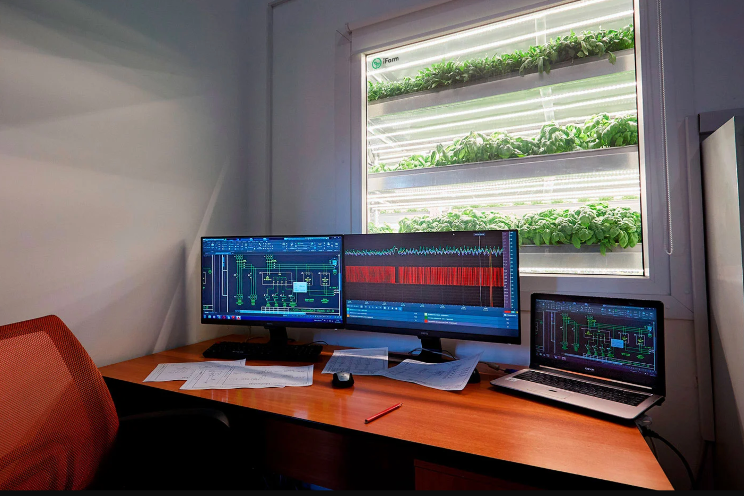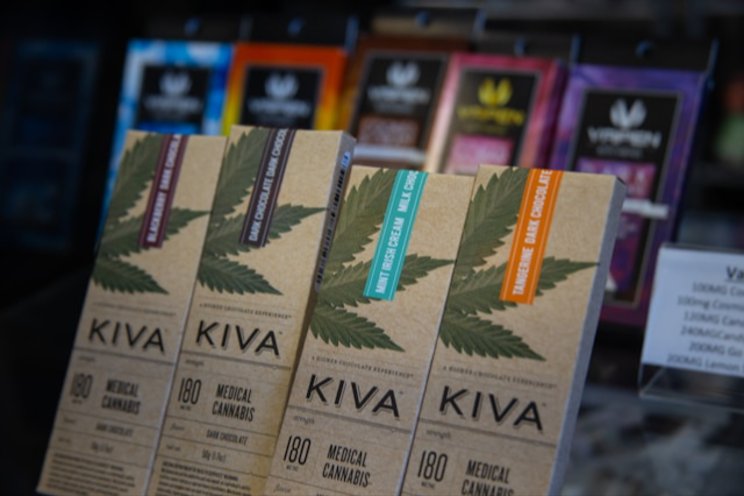How alternative crops can help you find your market niche
Added on 14 November 2021

If you're one of these companies, you're in a great spot. But what if you're not producing to that scale, but you are invested in high-tech indoor production?
As our team of editors talked to growers and suppliers for a greenhouse vegetable report running in the November print issue of Greenhouse Grower, one of the questions we asked was how mid-size greenhouse vegetable operations can remain viable in a rapidly expanding market. One theme kept coming up: the need to consider alternative crops.
"Growers in this situation should look at how to grow specialty crops that aren't being produced at a commodity-type level right now," said Peter Quiring, CEO of Nature Fresh Farms. "They may not make a lot of money, but it will help them stay in business, and if the market continues to expand, they may make a nice profit."
The good news, Quiring says, is that we're learning more every day about how to produce a range of crops indoors.
"It doesn't have to always be tomatoes or peppers," Quiring says. "Indoor berries and herbs are in high demand, and we're even learning about crops like melons that might have potential for controlled-environment production."
The key, Quiring says, is to get aligned with a good marketing entity that can promote and sell your product, or at the very least can let you know if there's a market for the crop you want to grow.
"You don't want to invest 20 acres in a product, only to find there's not enough buyers," Quiring says.
Tami Van Gaal, CEA Division Leader at Griffin Greenhouse Supplies, echoes many of Quiring's thoughts.
"The largest producers in the country are going to be tied into the largest grocery store chains," Van Gaal says. "But smaller growers may have opportunities to work with the local food supply chain, As restaurants start to open up again post COVID-19, those opportunities are perfect for a smaller grower."
Click here to read more.
Photo created by serhii_bobyk - www.freepik.com
Source: Greenhouse Grower
More news

